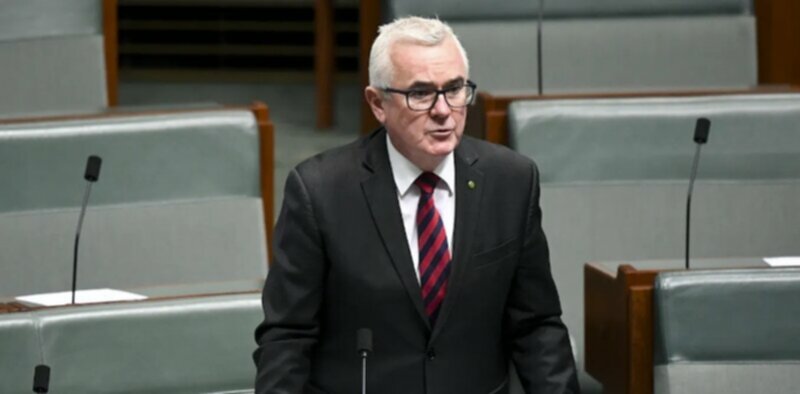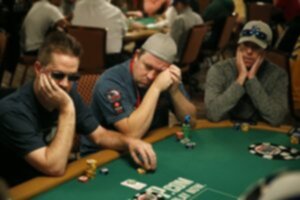
An Australian politician has called for the restriction of access to Loot Boxes by children, amid worries the gaming add-on could fuel gambling activity within minors.
Loot Boxes randomly generate prizes for gamers playing some of the world’s most popular video games, and can be purchased in-game by players.
But there is concern the randomization of Loot Boxes technology amounts to gambling, and is setting kids up to become accustomed to gambling activities before they get to legal age.
Andrew Wilkie, an independent federal politician, wants to reduce kids’ access to Loot Boxes by regulating their presence on specific games.
“In essence the bill requires the Classification Board to consider loot boxes when classifying a game and to set a minimum classification or R18+ or RC for games containing this feature, in line with the fact that you must be 18 to legally gamble in Australia,” MP Wilkie said.
Part of the bill would require developers who create games with Loot Boxes to clearly stipulate their presence and a warning of the risks involved.
The Problem With Loot Boxes

Loot Boxes have become one of the go-to sources of revenue for game developers in recent years. They offer gamers the chance to win big add-ons to their current games, such as extra skills, weapons and levels (depending on the game).
There is a randomized element to loot boxes and players often have to pay either game coins or cash in order to open them. For many this source of entertainment constitutes gambling – and it’s particularly concerning for law makers that minors are effectively gambling via the back door.
Indeed, research from Australia’s Gaming Council found 62% of the country’s best-selling games feature Loot Boxes.
Japan, South Korea, and China all have laws in place around game monetization, with a focus on banning or restricting Loot Boxes. In the UK a report in 2021 branded Loot Boxes “structurally and psychologically akin to gambling” but they are yet to be banned.
That year a proposal to regulate these boxes more strictly was bought forward, which suggested specially banning the bonuses from games that targeted kids.
The link between the risk-versus-reward nature of video game loot boxes & problem gambling is self-evident & indisputable. New laws are needed to stop this predatory behaviour. @jendudley #politas #auspolhttps://t.co/rkkd6Qtuy3
— Andrew Wilkie MP (@WilkieMP) August 19, 2022
Australia Loot Box Latest
One year on and Wilkie’s proposed bill looks like it has more teeth. It is understood games such as Call of Duty, FIFA, Star Wars, and Mario Cart could fall under the new Loot Box regulation if the bill passed.
The MP outlined how a 17-year-old Australian boy “could not hold down a job because of his gaming addiction” and spent $2,300 on Loot Boxes.
The new legislative proposal would classify any games that contain Loot Boxes as R18+ or RC, and be overseen by the Classification Board.
This would effectively make Loot Box games adult-only and greatly reduce the revenues game developers currently earn.
And the proposal comes amid publication of a three-year study in the UK that calls for Loot Boxes to be treated as a form of gambling.
The Between Gaming and Gambling study, published by Loughborough University, Newcastle University, and the Economic and Social Research Council, found: “In-game chance-based mechanisms, like loot boxes, can and do cause harm to children and young people, including forms of financial and emotional harm.”
It also found: “Digital items are highly alluring, desirable, and collectible to children and young people and this drives repeat purchasing.”
And the big solution to the problem is akin to that proposed in Australia – namely restricting the access to Loot Boxes to those aged 18 and over.





